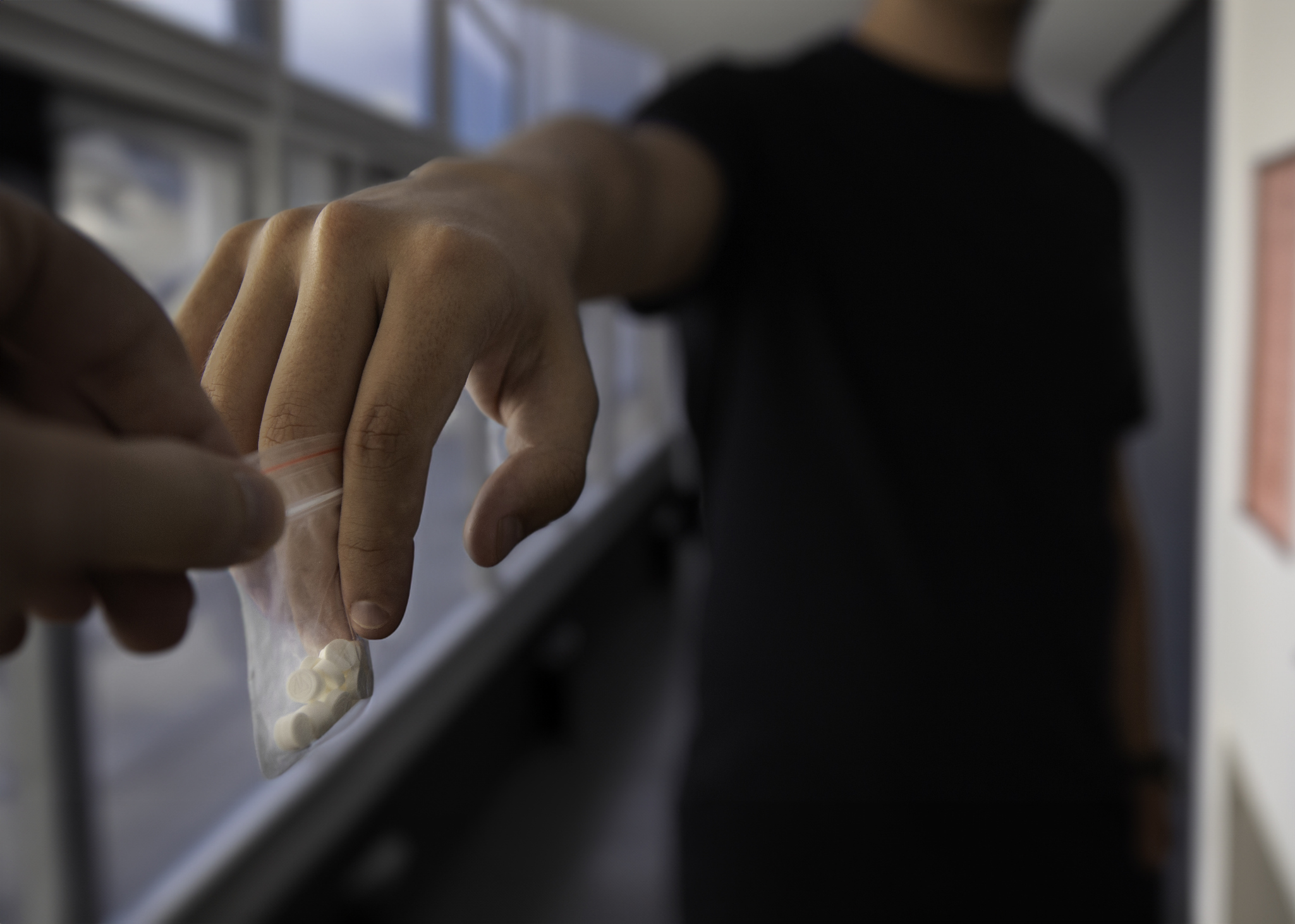
Introduction:
In a significant legal development, over 60 families have scored a victory in their pursuit of justice against Snap Inc., the parent company of Snapchat. The lawsuit, Neville et al. v. Snap Inc., alleges that Snapchat’s design, features, and policies have facilitated illegal drug sales, specifically targeting minors. The families claim that Snapchat’s unique attributes, such as automatically deleted messages, geolocation functionality, and the My Eyes Only privacy feature, make it an attractive platform for drug dealers, enabling them to operate discreetly.
Legal Progress:
The lawsuit, initially filed in October 2022, faced a dismissal attempt by Snap Inc. in October of the same year. However, Los Angeles Superior Court Judge Lawrence P. Riff ruled on Tuesday that the lawsuit may proceed to trial, overruling Snap’s objections to 12 of the 16 claims made by the families. This legal victory marks a crucial step forward for the families seeking accountability from Snapchat for the tragic loss of their children.
Allegations Against Snapchat:
The core argument presented by the families revolves around Snapchat’s purported role in fostering illicit drug sales to teenagers. According to court documents shared by the Social Media Victims Law Center, the families’ legal representation, the lawsuit claims that Snapchat’s revenue-driven designs, structures, and policies have contributed to the foreseeable consequence of drug-related incidents involving minors.
Heartbreaking Stories:
The lawsuit is not just a legal battle; it’s a poignant collection of personal tragedies. Television host Dr. Laura Berman and her husband Sam Chapman shared the devastating story of their son Sammy, who, at the age of 16, lost his life after overdosing on a fentanyl-laced pill obtained through Snapchat. Similarly, lead plaintiff Amy Neville recounted the heartbreaking loss of her 14-year-old son Alexander, who allegedly obtained a fentanyl-laced oxycodone pill through the platform.
The Families’ Stand:
Parents like Amy Neville are using legal avenues to shed light on the issue and hold Snapchat accountable for the loss of young lives. Neville emphasized the importance of legal action and legislation to bring social media companies like Snapchat to the table, alleging that they prioritize profits over people.
Snapchat’s Response:
In response to the judge’s decision allowing the lawsuit to proceed, Snap Inc. remains steadfast in its defense. Ashley Adams, a spokeswoman for Snap Inc., conveyed that the company would “continue to defend” itself in court.
Conclusion:
As the legal battle unfolds, the Neville et al. v. Snap Inc. lawsuit highlights the complex intersection between technology, social media, and accountability. The outcome could set a precedent for the responsibility that tech companies bear in preventing their platforms from being exploited for illegal activities. Ultimately, the case underscores the pressing need for continuous dialogue and measures to ensure the safety of users, especially the younger demographic, in the ever-evolving landscape of digital communication.